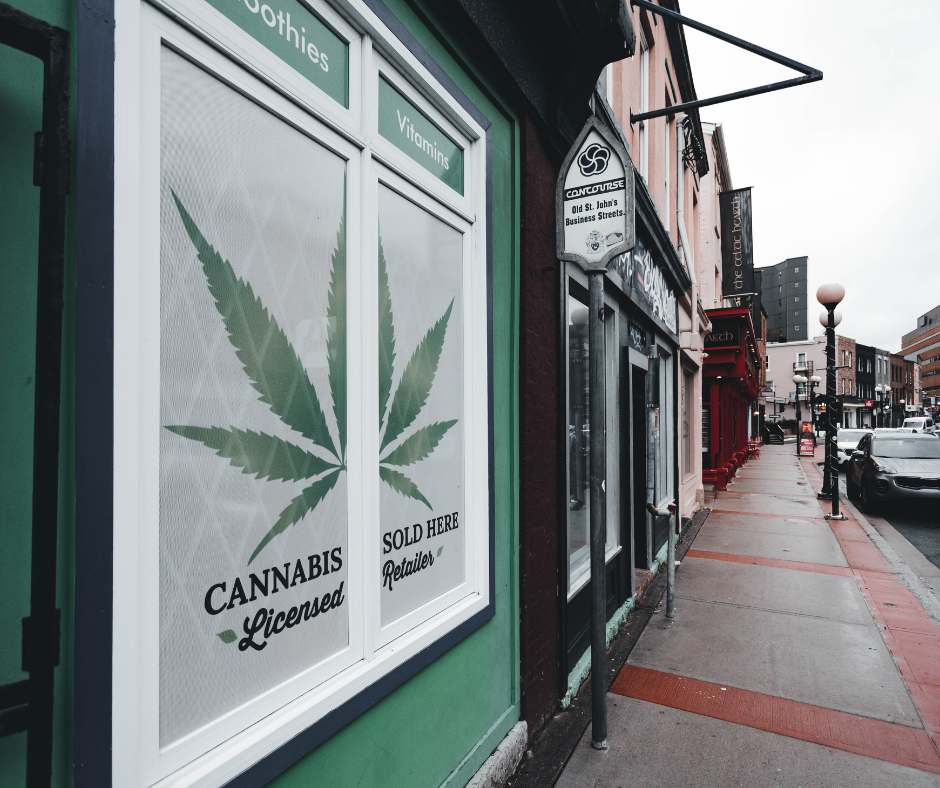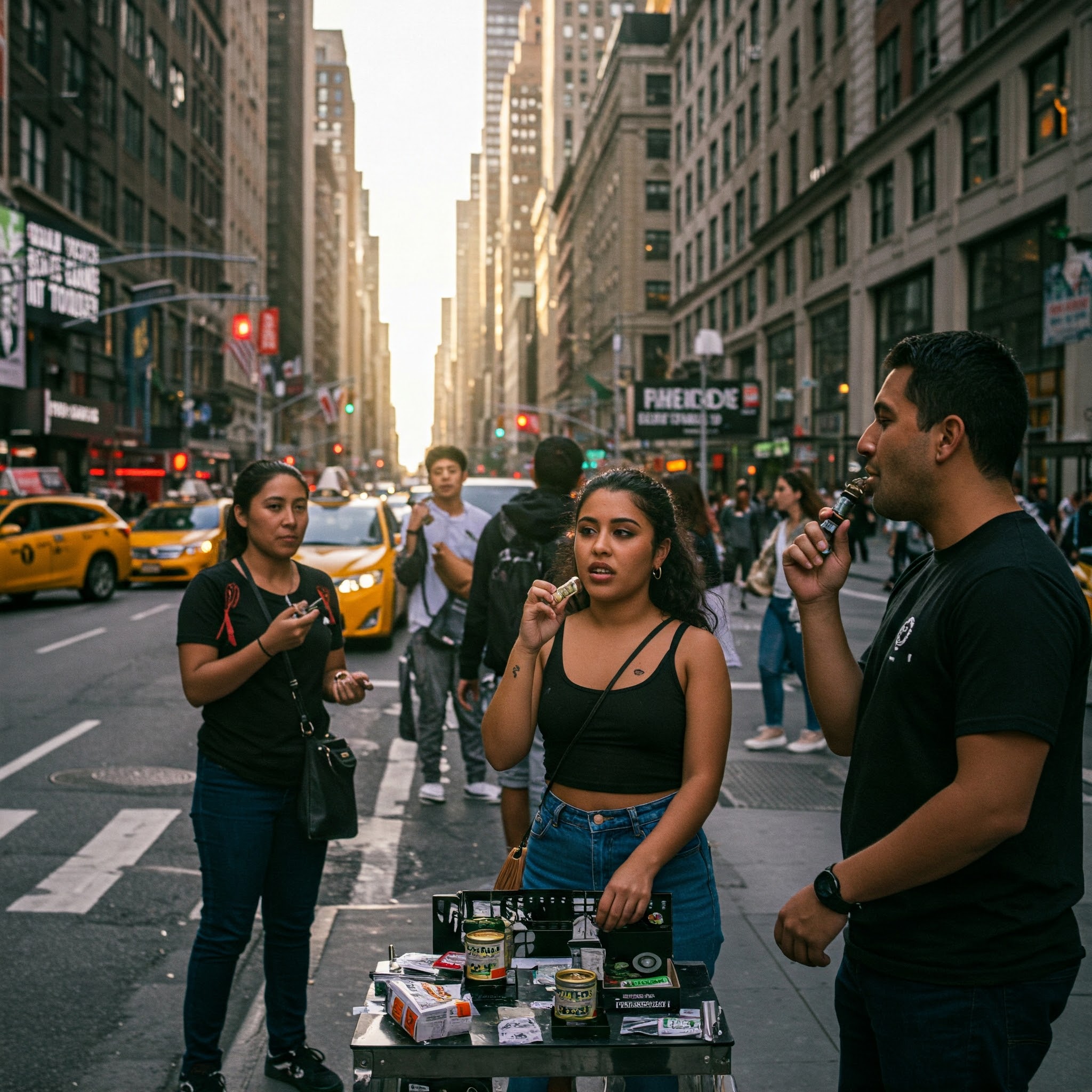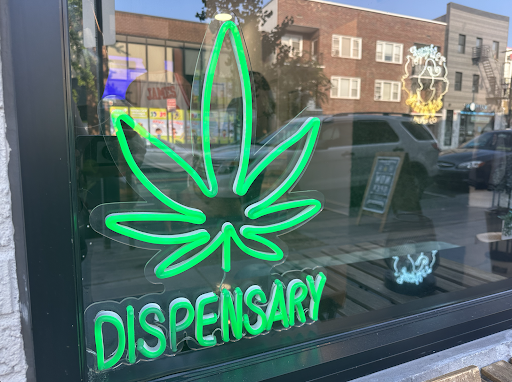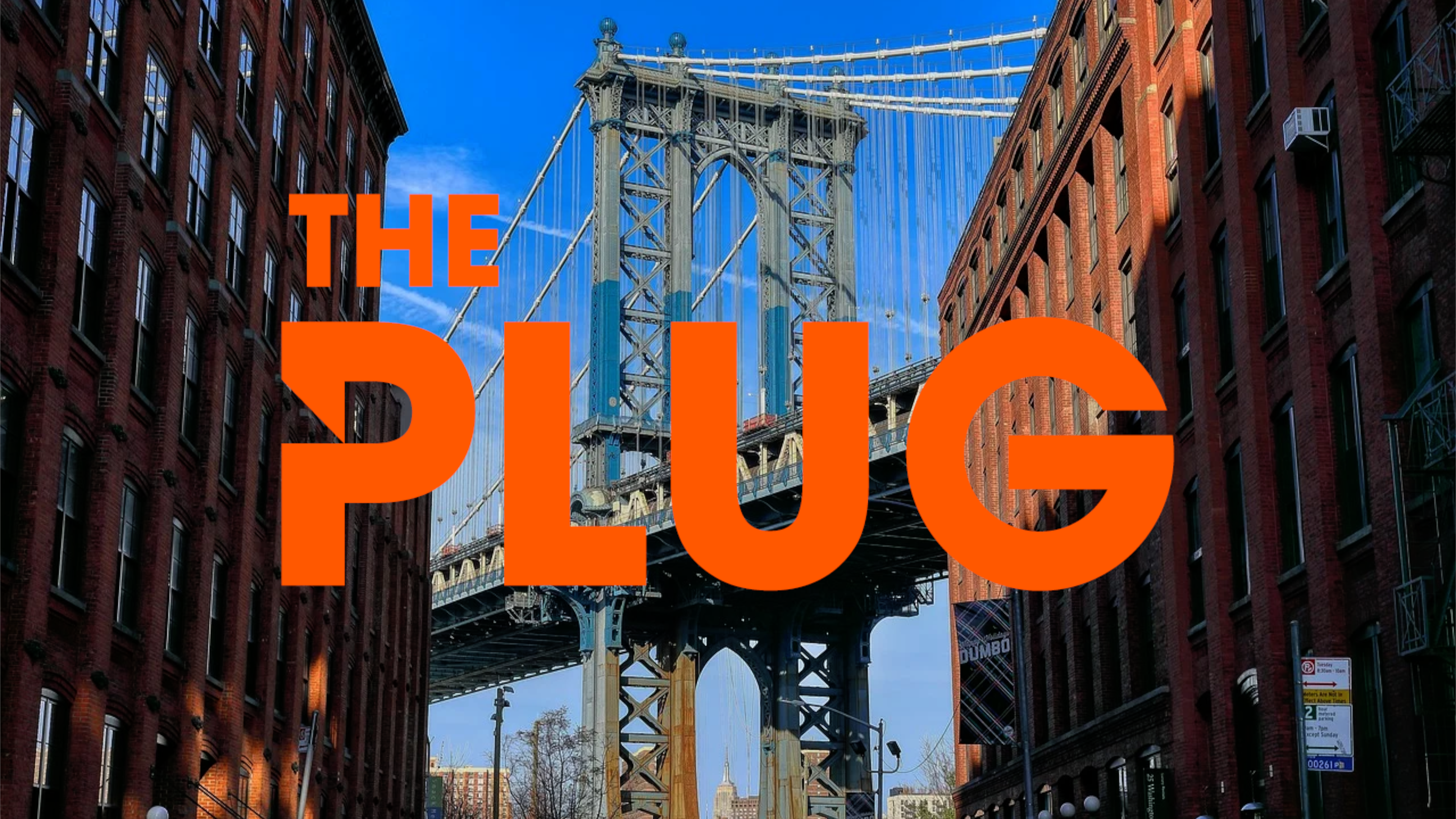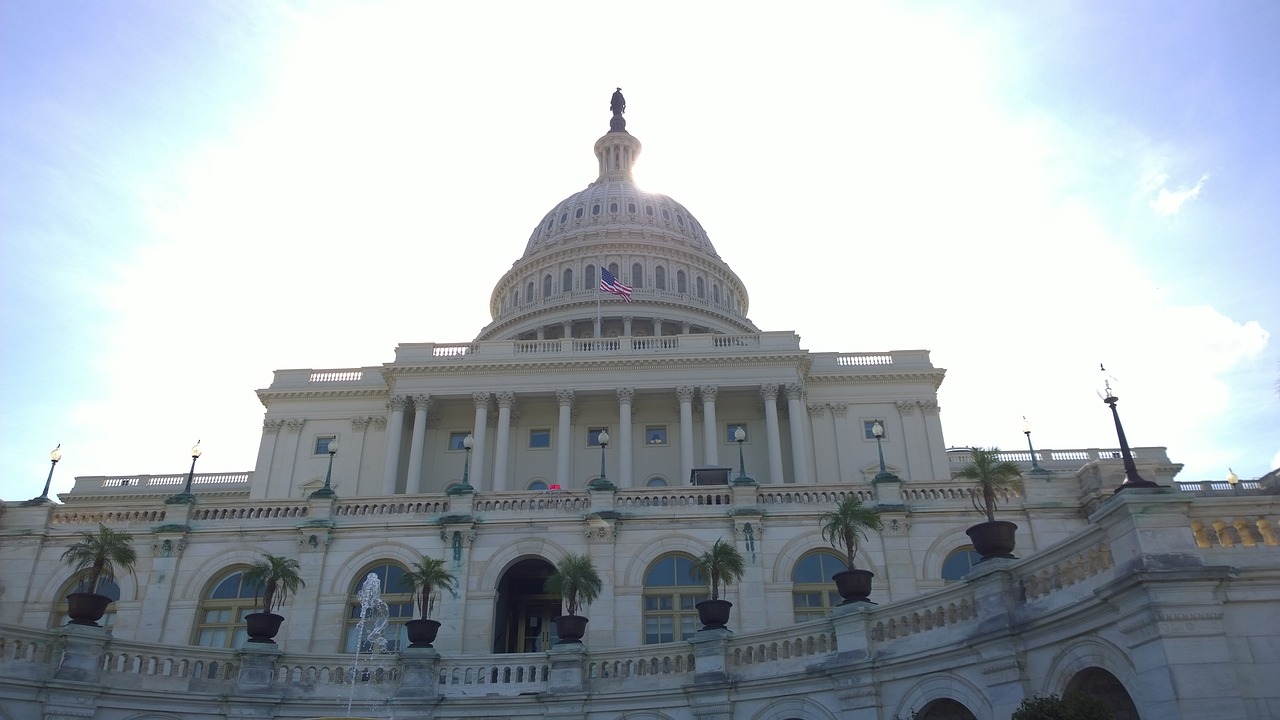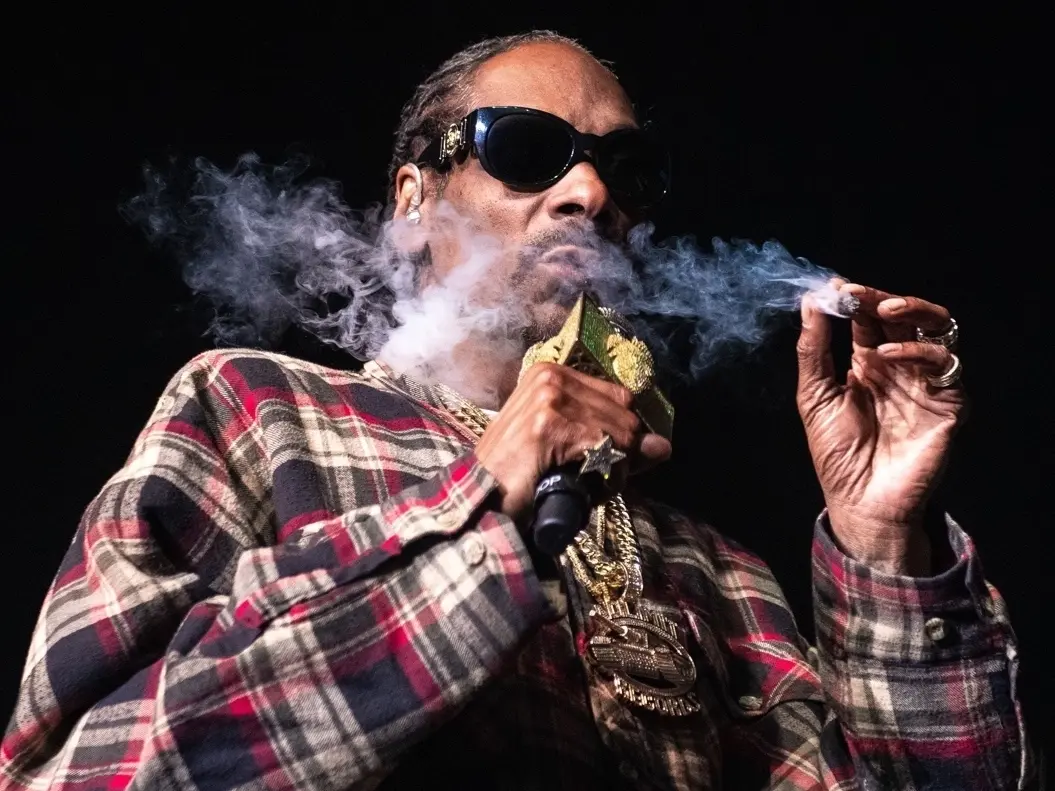New York’s much-touted $200 million public-private fund for cannabis dispensaries has fallen under scrutiny following revelations of a lopsided deal. The deal is accused of prioritizing private investors over social equity goals.
Last June, Governor Kathy Hochul announced the funding initiative, lauding it as a step towards righting past injustices and benefiting those most affected by the war on drugs. However, an investigation by the city uncovered a starkly different reality. The near-final draft of the agreement, along with internal documents and financial projections, paints a picture of a deal favoring private equity firm Chicago Atlantic Group at the expense of the state’s social equity objectives.
Rather than securing a private equity partner, as initially planned, New York State opted for a deal with Chicago Atlantic, where the firm would loan $50 million to the fund at a high 15 percent interest rate, guaranteed by the state. The arrangement places all the risk on the state while ensuring substantial returns for the private investor.
While Governor Hochul’s office remains focused on strengthening the legal cannabis market and supporting new entrepreneurs, critics argue that the terms of the deal undermine these intentions. Legal experts and industry consultants have raised concerns about the deal’s unfavorable terms for the state and the licensees, likening it to distressed debt lending.
The financial projections shared with licensees, developed by Sean Kennedy of Palomino Consulting, have also come under scrutiny for their overly optimistic outlook. These projections, suggesting astronomical sales figures, have sounded off alarm bells within the Office of Cannabis Management, which fears that licensees may be lured into defaults by unrealistic expectations. The construction costs associated with the fund-supported dispensaries have also been viewed as an eyebrow-raising move. Licensees, such as Keith Dalessio, expressed shock regarding the exorbitant costs, leading some to walk away from deals altogether.
Despite promises of transparency, the details of the agreement between the state and Chicago Atlantic remain shrouded in secrecy. The state has denied Freedom of Information Law requests from the city, further fueling concerns about the lack of accountability and oversight. Pressure is mounting on licensees to repay loans and meet unrealistic revenue projections, bringing the viability of the social equity fund’s model into question. With only a fraction of the anticipated leases signed and operational dispensaries, the fund’s efficacy in promoting social equity in the cannabis industry is uncertain.
This flawed funding model peels back the curtain on the challenges of balancing social equity goals with private investment interests in growing modern markets like cannabis. New York’s grappling with the current complexities of cannabis legalization makes the need for transparent, equitable funding mechanisms increasingly apparent.
The high interest rate attached to the loan also sparks concerns about the financial burden placed on licensees, many of whom are already dealing with the challenges of launching businesses in a highly regulated and competitive market. This issue could potentially worsen disparities in access to capital and opportunity, exacerbating existing inequalities rather than alleviating them.
Ultimately, the success of New York’s cannabis legalization efforts hinges on its ability to effectively navigate these complex issues and deliver on its promises of equity and justice for all. Learning from the shortcomings of the current funding model and embracing a more inclusive and collaborative approach, the state aims to move closer to realizing the full potential of an authentically equitable cannabis industry.



